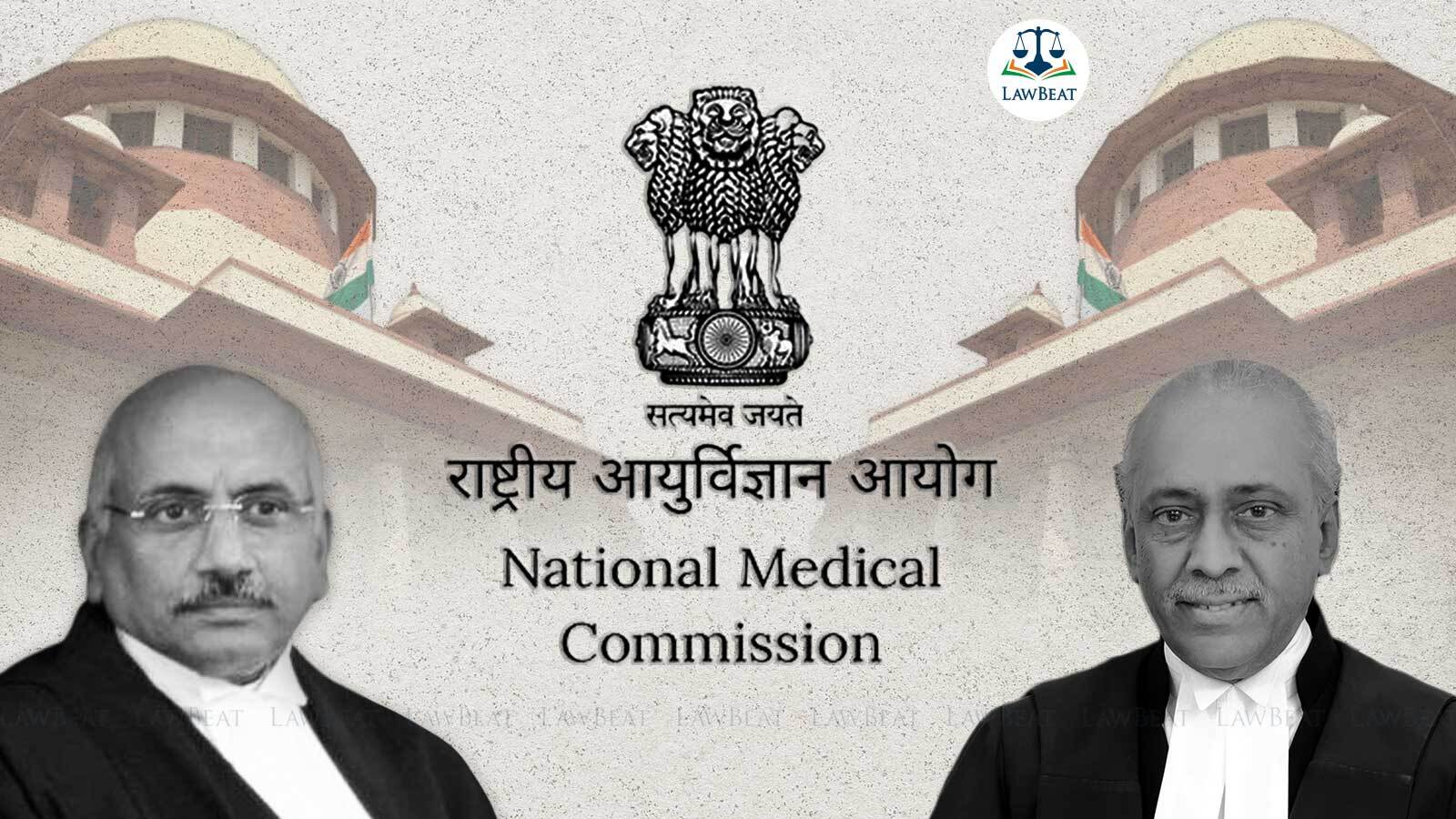Supreme Court upholds constitutional validity of National Medical Commission's Licentiate and CRMI Regulations

The Supreme Court recently held that Regulations 4(a)(i), 4(a)(ii), 4(b) & 4(c) of the National Medical Commission (Foreign Medical Graduate Licentiate) Regulations 2021, (‘the Licentiate Regulations’) and Schedule-II 2(a) and 2(c)(i) of the National Medical Commission (Compulsory Rotating Medical Internship) Regulations, 2021, (“CRMI Regulations”) are not ultra vires and violative of Articles 14, 19(1)(g) and 21 of the Constitution.
A division bench of Justice Hemant Gupta and Justice V Ramasubramaniam held that the Regulations may appear superficially to be rigorous or tough, but they are in fact a product of, past experience and necessity of times.
“Experts in the field of education believe (and justifiably so) that over-ambitious parents, hapless children, exploitative and unscrupulous (and sometimes unlettered) founders of infrastructure-deficient educational institutions, paralysed regulatory bodies and courts with misplaced sympathy, have all contributed (not necessarily in the same order) to the commercialisation of education and the decline of standards in the field of education, in general, and medical education, in particular…”, further remarked the top court.
Court also noted that the problem of unrecognised institutions offering diplomas/ degrees in medicine and untrained individuals practicing medicine, was not new, but a century-old phenomenon in India, and to deal with this, statutory measures have been undertaken to regulate the recognition and registration of foreign medical degrees in India.
In the case before the Court, one Aravinth who could not get admission to a medical college of his choice in India and wished to join an Under Graduate Medical Course in Anna Medical College, Mauritius approached the top court alleging that the National Medical Commission of India brought the Licentiate and CRMI Regulations, imposing heavy and arbitrary burden upon students who want to pursue medical education abroad.
He had challenged the regulations before the Madras High Court which refused to grant him any relief.
Referring to the National Medical Commission Act, the top court found that the Licentiate Regulations were issued in exercise of the power conferred by Section 15(4) read with Section 57 and the CRMI Regulations were issued in exercise of the power conferred by Section 24(1) read with Section 57 of the Act.
Court held that medical institutions of other countries may prescribe a duration of less than 54 months for the students of their country, but it was not necessary for the NMC and the Central Government to recognise foreign medical degrees of a lesser duration, if the incumbent wants to have permanent registration in India.
Court further held that prescription of an internship for a minimum duration of 12 months in the same foreign medical institution could not also be said to be a duplication of internships.
“The purpose of internship is to test the ability of the students to apply their academic knowledge on their subjects, namely the patients. Medical institutions of other countries may not insist on rigorous internship for students who may not put to test their skills on the population of their country. But it is not necessary for us to follow suit”, observed the division bench.
Referring to the challenge to the CRMI Regulations, Court noted that if there are institutions in some countries which offer primary medical qualification without mandatory internship, the students are supposed not to seek admission in those institutions.
“The mad rush to become qualified medical professionals, cannot drive them to countries where shortcuts to success are offered….”, said the bench while dismissing the SLP.
Case Title: ARAVINTH RA vs. THE SECRETARY TO THE GOVERNMENT OF INDIA MINISTRY OF HEALTH AND FAMILY WELFARE & ORS.
